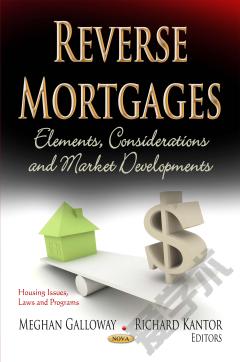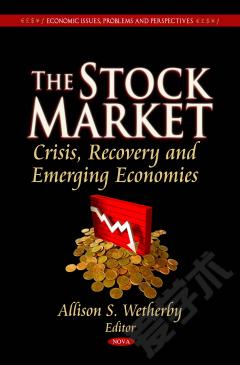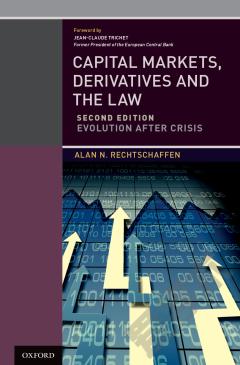Reverse Mortgages: Elements, Considerations and Market Developments
A reverse mortgage is a special type of home loan for older homeowners that requires no monthly mortgage payments. Borrowers are still responsible for property taxes and homeowner's insurance. Reverse mortgages allow seniors to access the equity they have built up in their homes now, and defer payments of the loan until they die, sell, or move out of the home. The original purpose envisioned for reverse mortgages was to convert home equity into cash that borrowers could use to help meet expenses in retirement. Borrowers could choose between an income stream for everyday expenses, a line of credit for major expenses (such as home repairs and medical expenses), or a combination of the two. This book examines the changes that have taken place in the marketplace and in the consumers who use reverse mortgages, with a focus on consumer protection concerns.
{{comment.content}}








 京公网安备 11010802027623号
京公网安备 11010802027623号